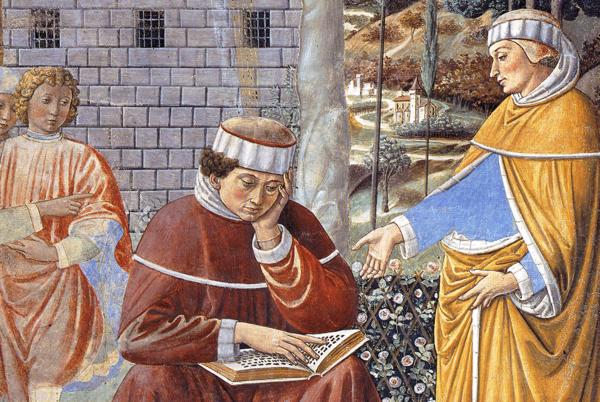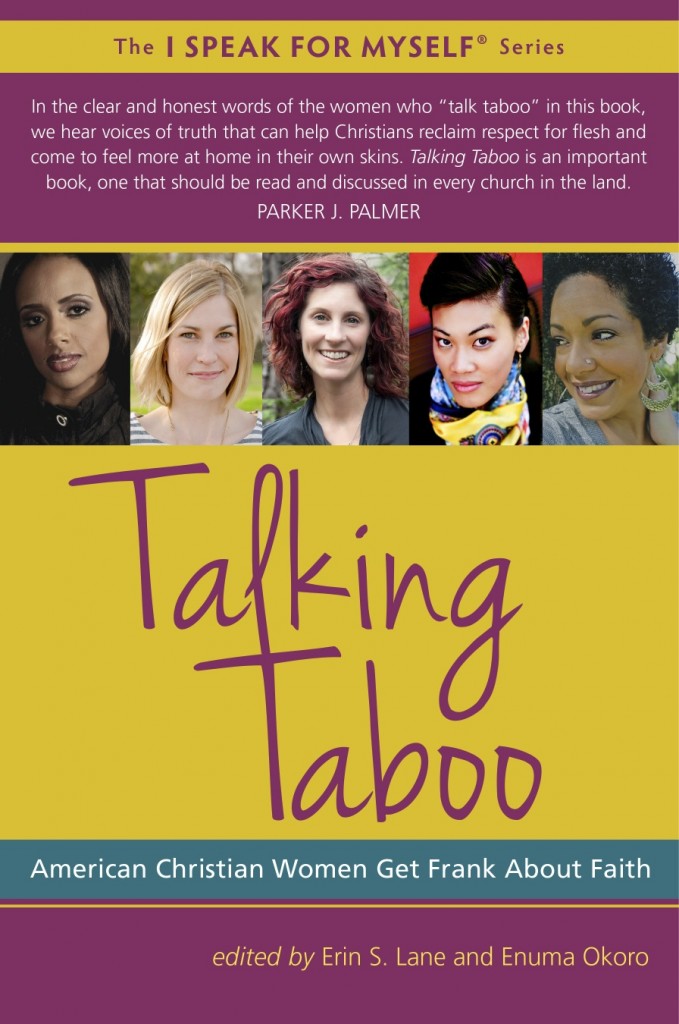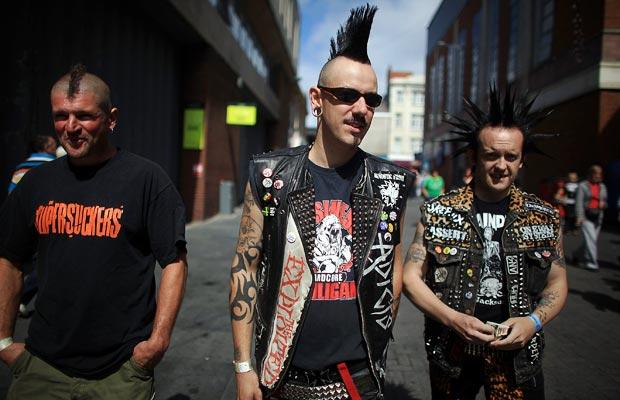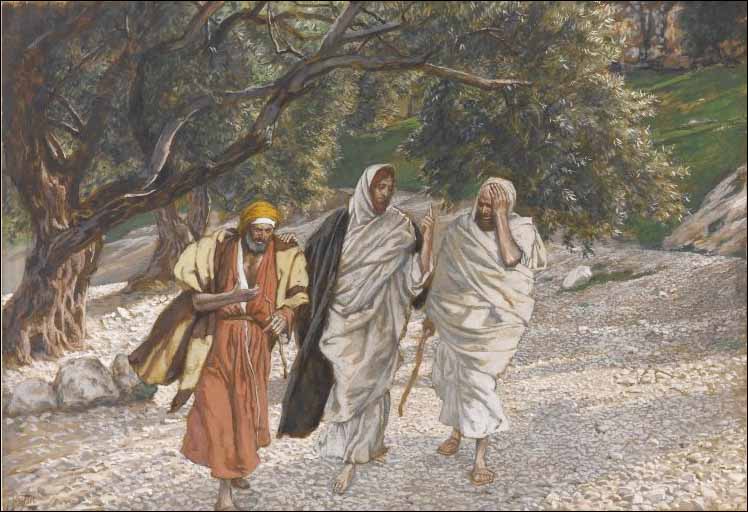We buried my father at the end of a long red clay dirt road in his ancestral village of Akunwanta, in the town of Arondizuogu, in the state of Imo, in South eastern Nigeria, on the West Coast of Africa. Akunwanta is the piece of land to which I can trace my paternal ancestry as far back as possible. Akunwanta is the second half of my hyphenated surname, the part I don’t use unlike my father and brother. I am a first generation American born in the USA to Nigerian parents and raised in a few different countries. Returning to my father’s ancestral village to lay him to rest was a peculiar homecoming tinged with unexpected emotions of loss and longing, and feeling claimed and displaced all at once. It was a stirring experience to slowly ride the narrow bumpy unpaved road, casting red dust behind us and catching the eyes of the occasional passersby. It is emotionally jarring to return to people and places that you never even really embraced into your internal community, people who and places that in some sense hold your origins like loose change in a front pocket, unaware of the true value of their currency. As someone reared in various countries among multiple cultures, my understanding of origins and homecomings are terribly, beautifully and painfully nuanced.
The Martin family of Charleston, South Carolina could probably tell a story or two about homecoming. Last week NBC’s Rock Center with Brian Williams featured the story of Thomalind Martin Polite, a 38-year old speech pathologist with the rare experience of being an African American with a detailed 250 year old family tree. Due to the investigations of writer, Edward Ball, a descendant of a slave owning family, Martin-Polite is able to trace her ancestry back seven generations to Priscilla, a young ten-year old girl enslaved at Bunce Island off the coast of Sierra Leone in the 1756 and shipped to Charleston, South Carolina on the slave ship Hare. Edward Ball’s ancestors kept outstandingly detailed records of their “property,” which included more than 4000 slaves. Priscilla was one of them. The clearly resilient ten-year old little girl endured not only the horrors of the Middle Passage but the additional atrocities of life as a slave in America. She lived to be 65 years old. While researching for his book, Slaves in the Family, Edward Ball traced Priscilla’s descendants to Thomalind Martin Polite, her great, great, great, great, great, great great granddaughter. Ball’s book was published in 1998 and won a National Book Award. Meanwhile the government in Sierra Leone heard of Thomalind and Priscialla’s story and in 2003 issued a formal invitation to the Martin-Polites to return to Sierra Leone and claim it as their ancestral home. Thomalind and her family made the trip in 2005. The event was called Priscilla’s Homecoming.
One of the many things that hearing the story and seeing some of the images of the Martin-Polite trip to West Africa stirred up in me, was the idea of homecoming. We all live with an increasing sense of physical unrootedness, moving around for work, immigrating out of desperation, fleeing for survival, or for a certain socio-economic segment moving simply for adventure and change. The effects of such transitory living seep into our spiritual, pyscho-social, and intellectual existence. Given this reality the notion of homecoming is unavoidably fraught with new complexities. What does it mean to return to a home that has never known you? Is homecoming always returning to a place? Can different homecomings exist in light of the fragmented nature of many of our lives? Do homecomings shift as life shifts for us? Is there ever room for a moratorium on homecomings, a suspended period in which returning “home” is not the best option? How is it that meeting certain people for the first time can feel like a homecoming? How is it that stepping into long avoided spaces or opportunities can feel like homecoming? What are we leaving behind when we experience homecoming? Fear, self-deceit, false narratives, pride, resentment, hatred? What new portals of life and imagination are opened up through “homecoming?” I want to explore this theme more. What does the word “homecoming” mean to you?











